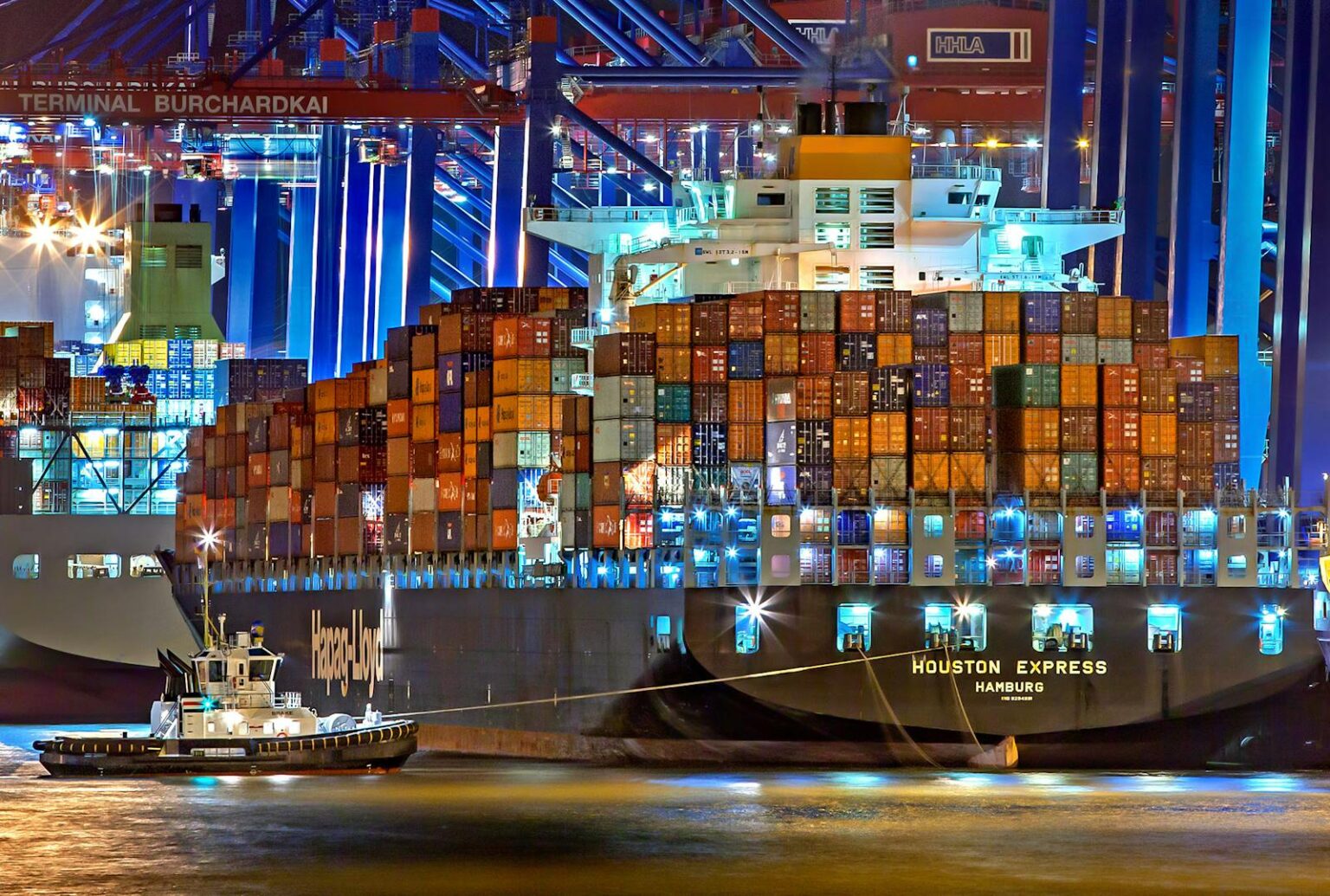President Donald Trump has imposed new tariffs on many imported goods, which could lead to higher costs for American families. A study from the Yale Budget Lab suggests that these tariffs could increase yearly expenses for the average family by $2,700 to $3,400. Even products labeled “Made in the USA” could see price hikes.
“About 45% of the content of stuff that we manufacture is actually made up of imported parts,” noted Consumer Adviser Clark Howard. “No matter what, this is going to lead to less choice and higher prices for consumers.”
The National Retail Federation estimates that a $650 refrigerator could increase to between $776 and $853, while $90 running shoes might climb to $119. Economist Adam Hersh explained that even companies not directly impacted by tariffs could raise their prices, as seen with domestic washing machine suppliers after previous tariffs were imposed.
A recent poll by Morning Consult revealed that 76% of respondents are concerned about the impact of tariffs on prices, with clothing and electronics likely experiencing some of the highest increases. The move has triggered a sharp reaction in global markets and raised fears of a potential recession.
Tariffs raising costs for families
China and the EU have announced intentions to retaliate with their own tariffs, signaling potential prolonged trade disputes and disruptions in international supply chains. However, shares of some of the world’s biggest automakers appeared surprisingly resilient, partly due to an exemption for Canada and Mexico from the tariffs. Europe’s Stoxx Autos index was trading 1.8% lower, while shares of major U.S. automakers were around 1.5% lower in premarket trade.
Analysts note that the relatively muted response from auto stocks could be attributed to the exemption for Canada and Mexico, which are integral to the North American supply chain. However, there is still “huge uncertainty” about the impact of Washington’s “reciprocal tariff” policy, according to Rico Luman, senior sector economist at Dutch bank ING. The imposition of U.S. tariffs is expected to trigger significant price hikes and a sharp fall in car sales over the coming months.
“The impact will be felt quickly, I would say, in terms of the pricing of cars because there is limited stock,” Luman added. Thomas Besson, head of autos research at Kepler Cheuvreux, noted that investors will likely reduce their exposure to the sector, with automakers such as Stellantis, Volvo Cars, Mercedes, BMW, and Volkswagen being impacted. Tesla remains the only automaker immune to the tariff news due to its lack of direct exposure to the space.










